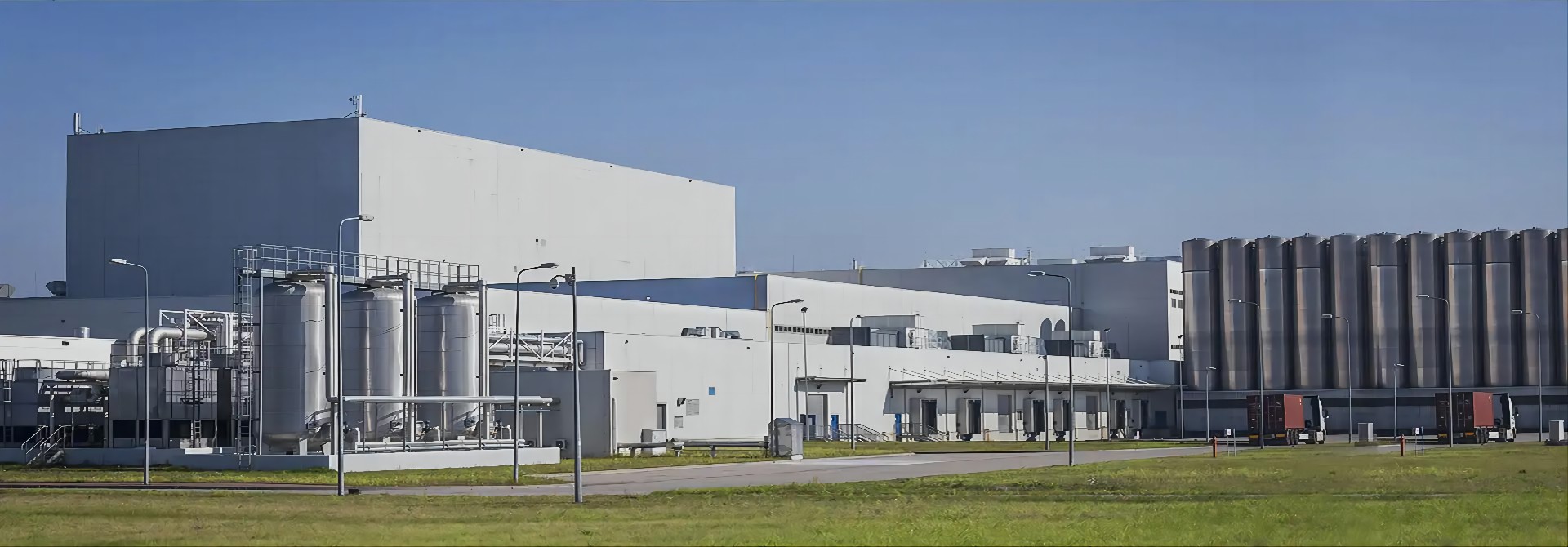A:
-Size-
The size of residential solar is normally smaller than commercial solar. Residential solar projects usually involved 15 to 20 panels, ranging from 1 to 10 kilowatts. Whereas, commercial solar projects usually need an average of 400 solar panels. If the project is expected to provide 10 to 100 kilowatts, then it is considered as a medium commercial. If it goes over 100 kilowatts, it is a large commercial project.
Residential solar panels are typically less efficient than commercial ones. Because commercial panels are larger and heavier, residential households may not have enough space to install these larger panels. However, if you have a large backyard or a big roof, you may consider using commercial panels to increase efficiency.
-Installation Process-
Since the scale of commercial solar projects is larger than residential ones, it requires more time and effort on investing in solar power. In commercial projects, engineers need to examine the facility to design the arrangement of solar panels. Moreover, the design also needs to get approved by the facility manager, business owner, landlord, and even the government. Because commercial projects are usually large investment, business owners are looking at long-term benefits and expecting a return on investment after a few years. It requires solar engineers to calculate the efficiency of the project to maximize profits.
However, residential projects are much easier. The construction team only needs to get approval by the house owner and the installation time is usually much shorter than commercial construction.
-Efficiency-
As mentioned above, residential panels may not be as efficient as commercial panels. Even though residential solar panels produce less electricity, they are cheaper than commercial ones. This will bring down the installation costs, making solar energy more accessible for normal households.



